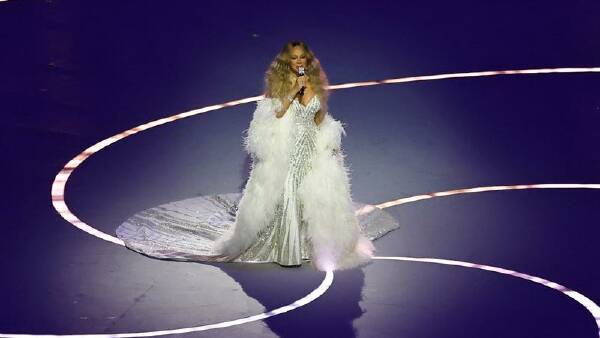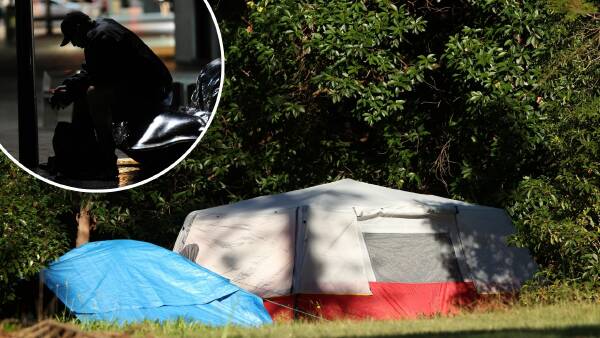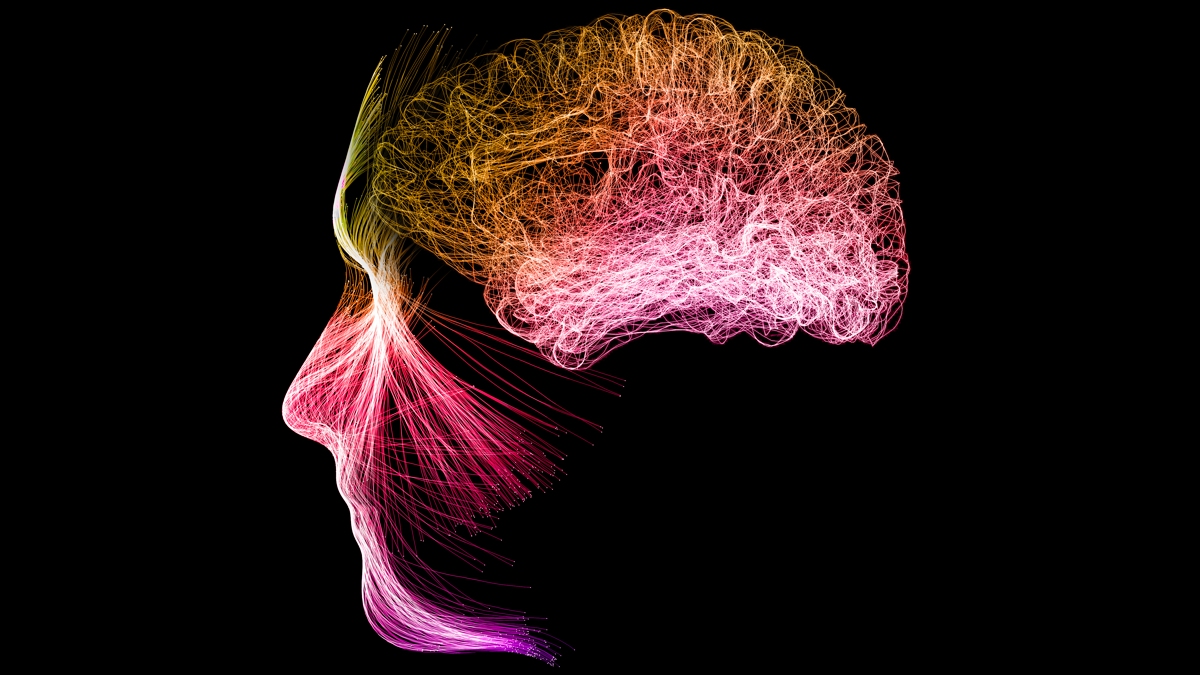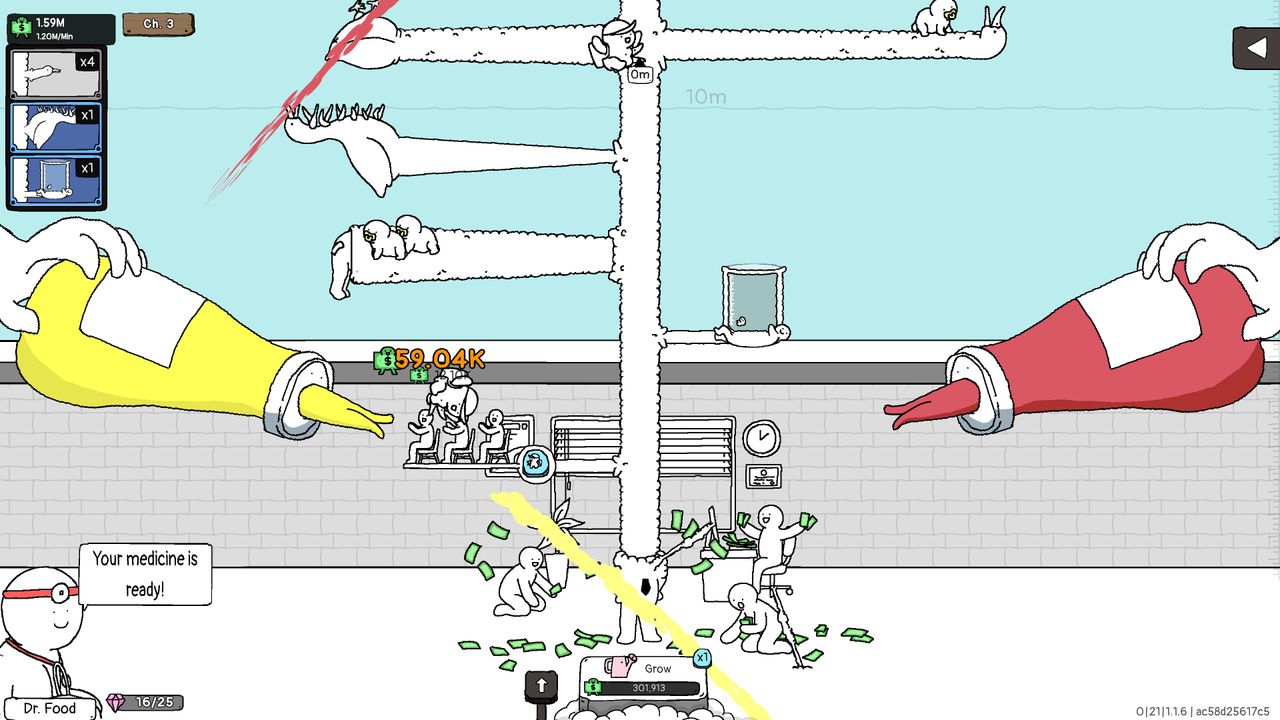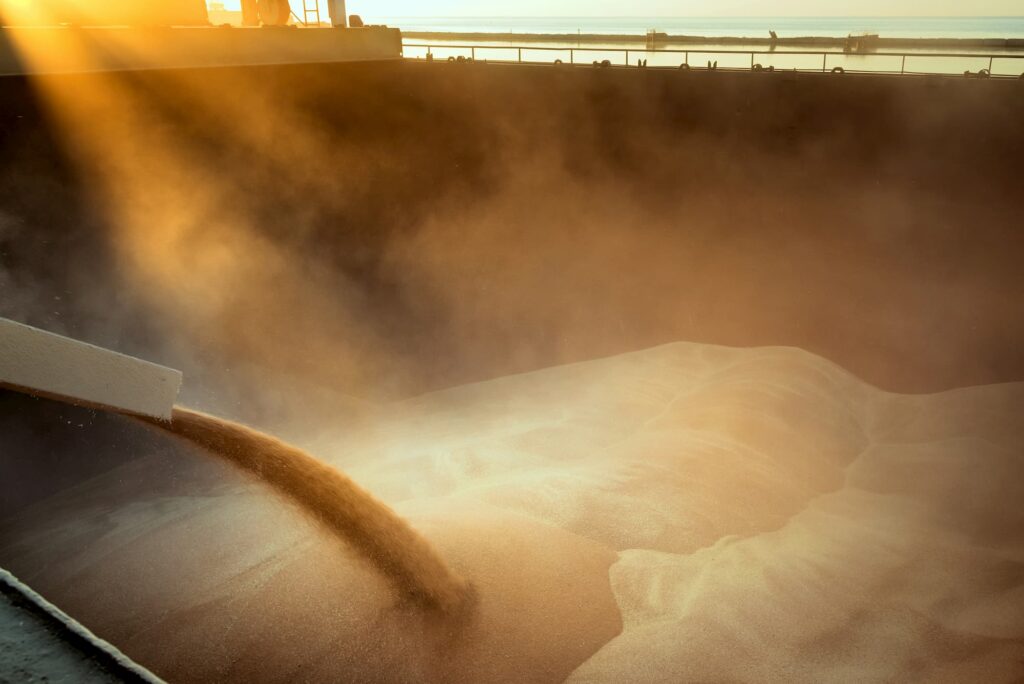
Humane World for Animals Australia has expressed deep concern following reports that a mature humpback whale, accompanied by its calf, became entangled in shark nets off Rainbow Beach, Queensland. The whale has since dragged the net approximately 100 kilometers north to Hervey Bay, which is recognized as the world’s first Whale Heritage Site. Local authorities have confirmed that the whale is currently located in Platypus Bay, near the township of Torquay.
Hervey Bay serves as a vital sanctuary for humpback whales during their annual migration southward to cooler waters and feeding grounds in the Southern Ocean. This migration occurs during the austral summer, highlighting the importance of this area as a safe refuge for these magnificent creatures.
Lawrence Chlebeck, a marine biologist with Humane World for Animals Australia, emphasized the gravity of the situation. “This is yet another reminder of the annual toll that shark nets take on these highly intelligent and social animals,” he stated. Chlebeck further noted the tragic irony of the event, as this gentle giant and its calf struggle in a shark net within a designated Whale Heritage Site. He stressed that even if the whale is freed, the trauma and energy expended in the struggle could severely compromise its ability to complete the long migration back to the Southern Ocean.
The shark control program in Queensland currently deploys 27 culling nets along beaches in southeast Queensland, alongside 383 lethal drumlines used from the New South Wales border to Cairns. These shark nets, rather than serving as barriers, function as fishing nets approximately 150 meters long, installed 500 meters offshore year-round.
Chlebeck questioned the rationale behind the Queensland Government’s continued use of these outdated and lethal methods. “How can the Queensland Government continue to justify their year-round deployment of these lethal, outdated, and ineffective shark nets?” he asked. The ongoing entanglement of marine life raises serious concerns about the impact of such practices on the local ecosystem and the welfare of the animals.
The situation highlights the urgent need for a reevaluation of shark control measures in Queensland. As communities and conservationists rally for change, the plight of the humpback whale serves as a poignant reminder of the delicate balance between human safety and marine conservation. The outcome of this incident remains uncertain, but it underscores the necessity for more humane and effective solutions to protect both wildlife and public safety.
